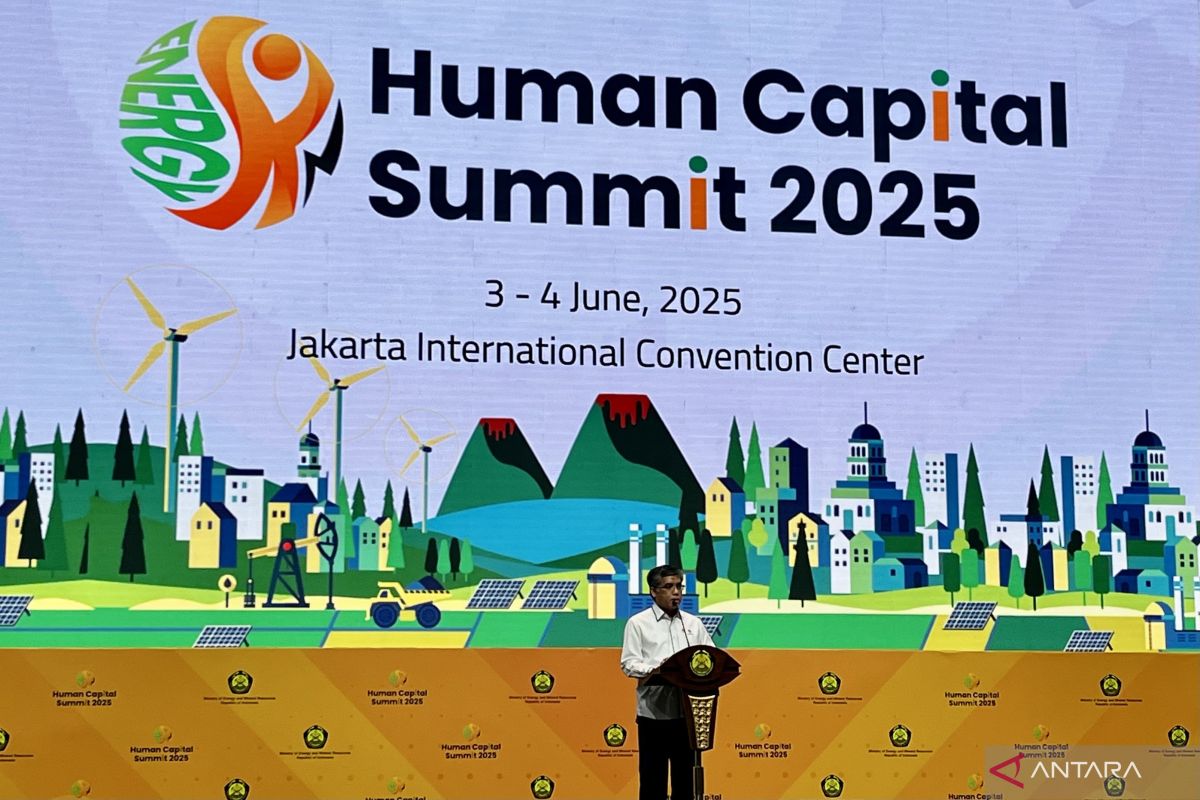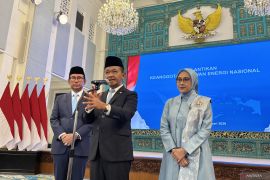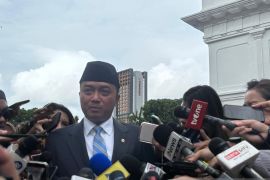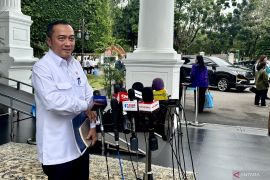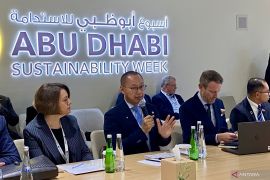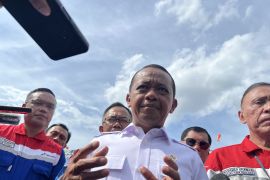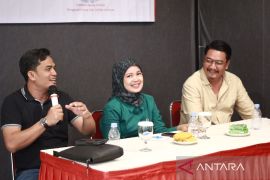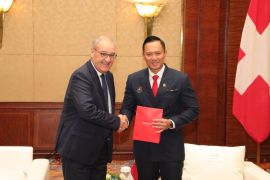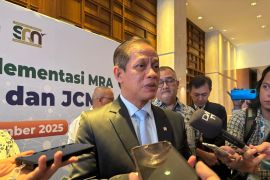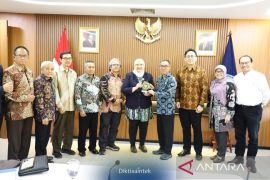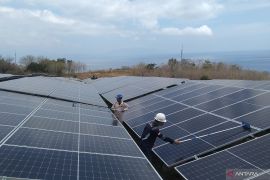“The first challenge is related to competencies. In the next 10 years, more than 50 percent of the skills we currently have will become irrelevant due to major transformation toward a green economy,” he stated at the Human Capital Summit (HCS) 2025 held here on Wednesday.
In his speech, Yassierli explained that Indonesia aims to add 69.5 gigawatts (GW) of energy capacity by 2034, of which 76 percent is expected to come from new and renewable energy sources such as solar, geothermal, and bioenergy.
However, he highlighted that Indonesia still lacks a sufficient workforce with skills in renewable and sustainable energy sectors.
Related news: Ministry, Aquatera collaborate to boost energy workforce skills
He also observed that the country’s education institutions, which play a vital role in human resource development, are still lagging in adapting to rapid technological changes and the requirements of the Sustainable Development Goals (SDGs).
“As we shift from a fossil-based economy to a renewable energy-based economy, our human resources must evolve to ensure decent employment opportunities for all,” Yassierli remarked.
He highlighted that the second and third challenges are the need to strengthen industrial relations and to foster a culture of safety and prevention in occupational safety and health.
“Safety is about building the capacity to work safely through collaboration, learning, and leadership,” he emphasized.
The minister underscored the need for Indonesia to transform its industrial relations to create a meaningful and contributive energy industry ecosystem for the nation.
Related news: Govt committed to building quality human resources in energy sector
Translator: Arnidhya, Kenzu
Editor: Rahmad Nasution
Copyright © ANTARA 2025
